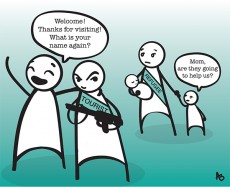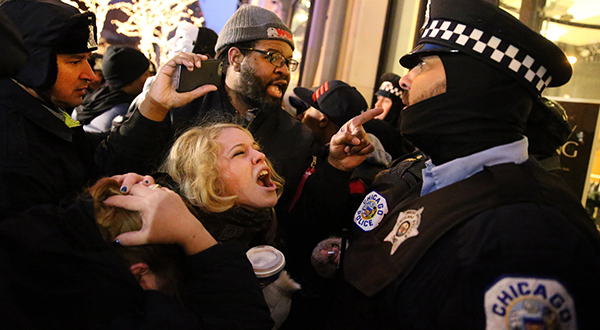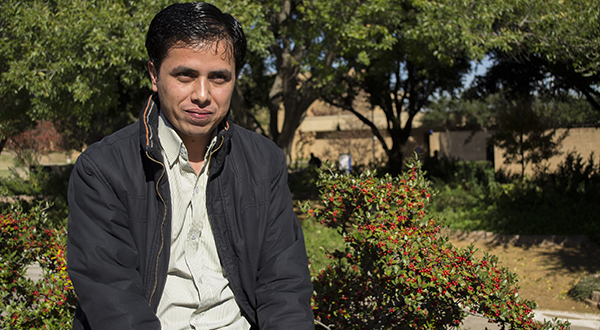National security has been a topic of concern in the United States over the past decade. With the recent increase in international terrorist activities, this concern has risen to a point where change is needed to protect the country.
However, some of these changes cause fear to rule over reason.

On Nov. 30, the White House announced modifications to the visa-waiver program. The visa-waiver program has allowed citizens from certain countries to travel to the U.S. without a visa for tourism, business or transit for up to 90 days. About 20 million visitors travel to the U.S. through this program and up to this point, the program has been lax in security.
After the recent attacks in Paris, though, the White House announced changes that would stop those traveling from conflict zones from boarding planes into the U.S. These changes include screenings and an increase in fines for airlines that do not screen their passengers. The modifications are the start to increasing safety measures for the nation.
Some other recent proposed changes can do more harm than protection, though. Last month, the House passed a veto-proof bill that will essentially ban any Syrian or Iraqi refugee from entering the country by increasing the already lengthy screening process.
However, the potential refugees are far less of a security threat than those entering the country through the visa-waiver program. The attacks in Paris were not committed by refugees from Syria but from extremists who were citizens of the country.
Furthermore, the screening process for refugees has been far more extensive than those coming through tourist visas. The visa program is designed to clear people quickly through an electronic check system to prevent holdups in travel. Refugees go through a background check and several in-person interviews. The new House bill would further tighten the refugee screenings, requiring the director of the FBI and other heads of security to approve each screening.
The refugees are not where the danger lies. Most of the refugees are women and children trying to leave war-torn countries in the hopes of a better life.
Security measures are important, and ultimately the safety of the U.S. needs to be a priority. We can’t let our fear stop us from helping those in need, though.
In an attempt to refute the House bill, the Senate has proposed a new bill that will further tighten what the White House has changed while still allowing refugees to enter the country. The Visa-Waiver Program Security Enhancement Act would ban anyone who has traveled to Syria or Iraq in the past five years from entering the country on a tourist visa. Travelers who fall under this restriction would have to obtain a visa through an American embassy or consulate. Passport information would be encoded into an electronic chip to make it more difficult to enter the U.S. through a forged passport.
The bill could provide a better alternative than barring the refugees.
The U.S. has long prided itself on being a diverse and accepting nation. However, the recent attacks have shifted the attitude of Americans from one of acceptance to one of fear. And fear can change everything.
Misplaced fear, though, can be even more debilitating.




























